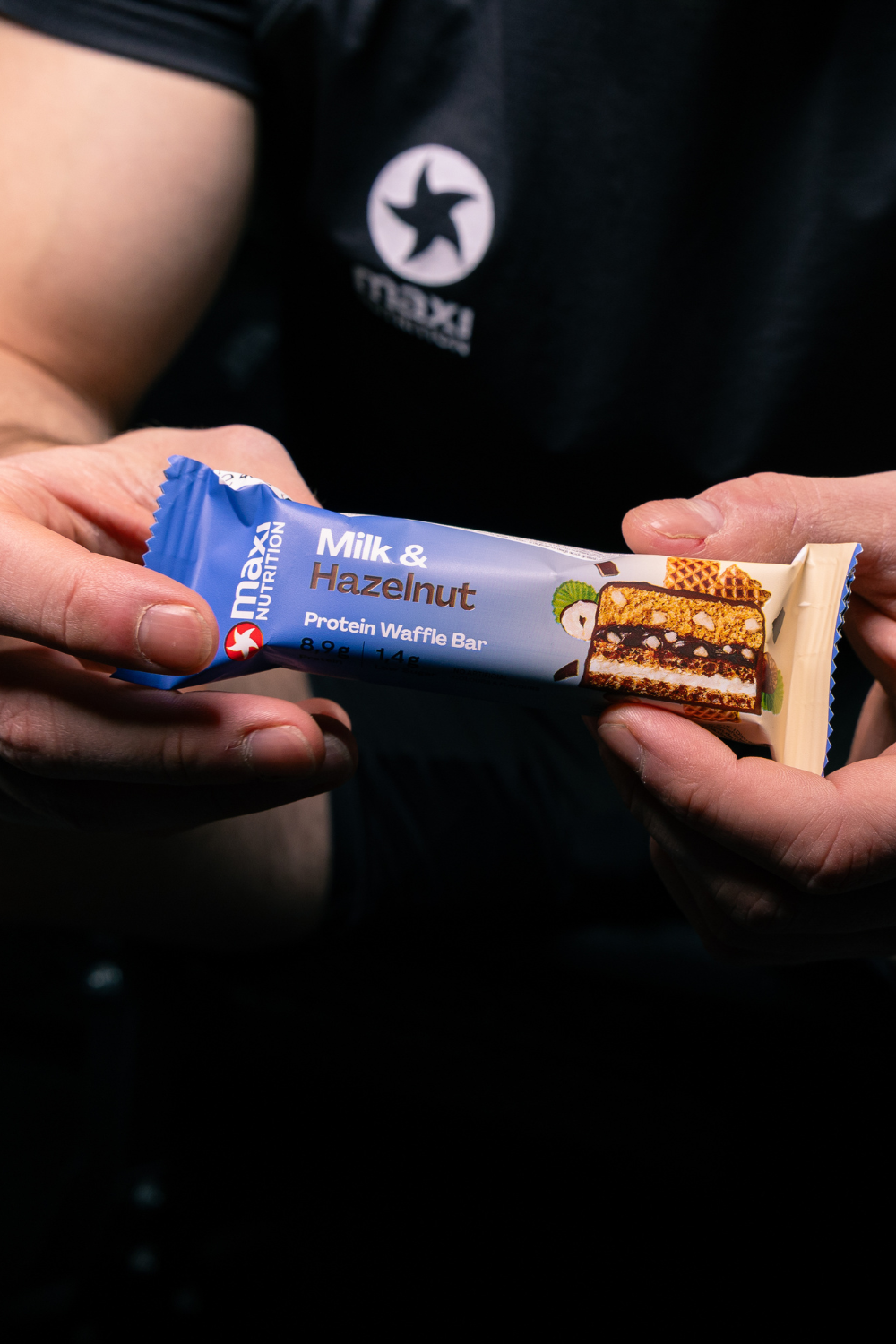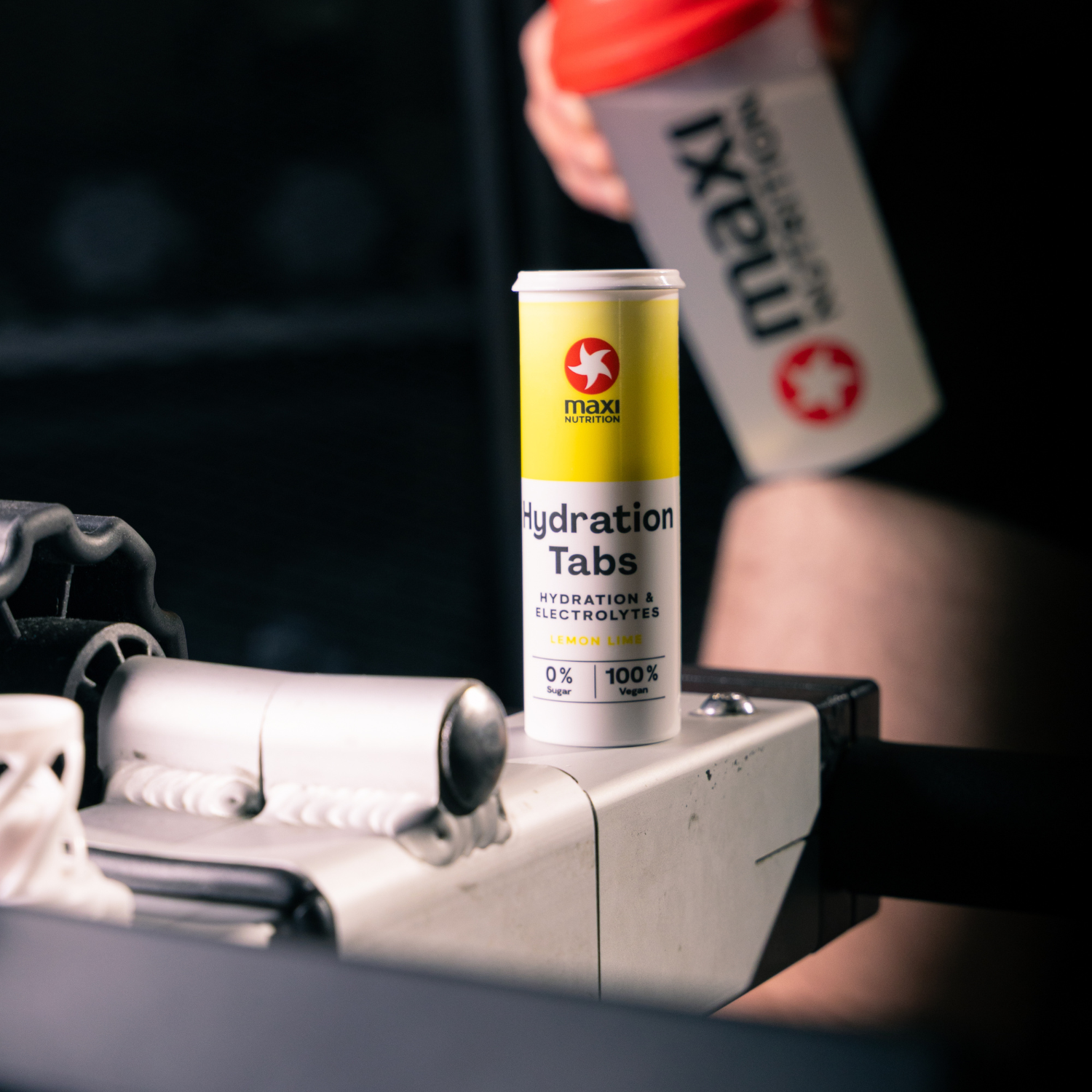Running a Marathon?
Running a marathon is obviously a huge undertaking and with that comes a vast amount of information to take on board. Sometimes it can be overwhelming to even chose a training programme, let alone wade through marathon diet plans, what type of kit to wear for various runs, which sports nutrition products to use and so on. People often hit the wall before even starting and end up leaving everything until the last minute which can open them up to injury and worst case dropping out.
Below are thirteen top tips for the marathon. (Thirteen, not twenty six, specifically to hammer home the first one.)
Top tips
1. Start with something manageable.
If you're new to running don't go straight for a marathon. Like any large undertaking, its best to break it up into manageable "milestones". Do this with your running and start with something more manageable like a few local 10km races, a few half marathons and the like. Not only will this make the process of getting fit for the marathon more logical, it’s far easier to train for a marathon from half and it only takes around 3months.
2. Learn to run properly.
We all assume we can run. It is something we all just "did" as a child. However, many of us if left to our own devices, would be able to swim in some manner or another. Would this be the best swimming to swim the channel? No. We’d have to learn an economical stroke. Of course, “if it's not broke, don't fix it” is something to think about with your running, but equally, you are about to run a lot of miles, if your technique is on the dire side that can lead to some serious injuries. Consider how your strike (heal or midfoot), what your cadence is and possibly getting a gait analysis from a pro.
3. Not all runs are the same.
A marathon is a marathon right? Wrong. Each and every marathon route is different due to the local climate, the terrain its run on, the elevation over the route and of course the weather that can occur. For example, Chicago and London routes have the world records, you can therefore interpret that these are the most popular or the easiest. Either way they are probably a good place to start.
4. Replace your trainers regularly.
A real injury causer: poor or old trainers. Don't run in fashion shoes. Don't run in skate shoes, or squash shoes or anything else other than a running trainer. Replace them every 6months as they lose their cushioning, especially if you are a heel striker. You want to protect your joints, running isn't good for them, especially over a marathon distance. A good idea is to buy 2 identical pairs of the same shoe at once and rotate every wear. This not only gives them time to dry and breathe, it makes both shoes last longer.
5. Start slow.
A common mistake on race day is to do something different from all the training days. A classic is to go off too quickly. Don't be tempted to do this to get miles in the bag. Run your run, as you've trained for the first few miles.
6. Plan your run and run your plan.
Don't do ANYTHING you haven't done before. Race day is not a day to try a new sports gel, new trainers or even a new top. If you are running in a giraffe suit or something equally as stupid, make sure you have run in it for at least an hour or so on a few occasions before the race. Eat or drink something new and you risk the "runs". You don't want that on a marathon. If you wear something new, whatever it is and you risk rubs, skin tears, blisters and the like; not nice over 26miles! Only tried and tested things you've done before on race day.
7. Start training early and do it fully.
It is never too early to start training. Time gives you contingency for what life throws at us, for most it’s that injury that inevitably comes. Some people like to leave things to the last minute, they say it makes them work better. Those people only ever do the marathon once. Save yourself pain and suffering and get the training started early. You'll be amazed what confidence can do for you on race day.
8. Listen to your body.
We humans have become adept at ignoring our subconscious, as a runner you need to learn to listen to your body. Some niggles you can run off after 5mins, others are acute injuries that if you persist on running with them will become chronic. Be it injuries or illness, stop, rest, seek professional advice and most important follow it. If you've given yourself time (see tip 7) a little break won’t do you any harm.
9. Prehab and Strength &Conditioning.
The classic runner only runs, no other training other than perhaps some stretching. When pushing for a personal best, they run and run and run. However, the smart runner pulls back from the running and trains the things that make them run; their muscles. A session or two a week of strength and conditioning will do wonders for your running, not to mention it'll help strengthen those muscles sometimes left to become weak from only running which overtime can lead to running related injuries, hence prehab instead of rehab.
10. Heart rate training.
Utilising a heart rate monitor to do your various length training runs within heart rate zones cannot be underestimated. It is without a doubt one of the most useful tools, especially if you are either an overly competitive person or someone who tends to ease off the gas. Those little beeps keep you on track and can help you reach the required fitness level in what seems to be an easy way.
11. Warm up and cool down.
It goes without saying, but warming the body up with mobility and dynamic stretches and cooling it down by layering up and stretching can pay dividends in the long run in terms of injury prevention, general focus and well being. It's all about getting into a process that will help you come the big day. You'd warm up on race day so warm up before each and every training run. In terms of cooling down, it'll help you walk like a normal person the day after a long run, so get into the habit. There's nothing cooler than walking into the office the day after a marathon as normally as any other day, the cool down is pivotal to that walk.
12. Work out what works for you.
We are all different, we are all habitual in nature. These tips may be for you, they may not, but work out what works for you and stick to it. Getting into a routine with training, washing your kit, eating and the like will make the whole process easier to manage and easier to stick to. Just one word of warning, don't become superstitious. It's the worst thing to do, because then if you can no longer get that energy gel, or that trainer splits the week before the race it'll mess with your head. Routine and habit yes, superstition, no.
13. Mindset
You'd be surprised how much of life is to do with mindset. How you perceive the world and how you think people perceive you. If you believe you can do something and if you doubt it. The interesting thing is that we can change our mindset. Doing the training will make you confident, or at least more confident than if you haven't done it. That mindset is infectious to all that you do. Learn to smile when you are running and finding it hard, that actually changes your mindset of doubt and helps you get through that tough patch. Don't speak about "the wall", don't put a mile marker on it, that's negative mindset, you are asking your mind to make that happen. Ignore that it even exists, because it’s never happened to you. If it comes, smile and push through it.
There are thousands of tips for endurance running. Every long distance runner could tell you a list of thirteen tips. Each time they run a race, a new one could be added. Those are thirteen to get you started, another for free is to pick runner’s brains and ask them for their tips. Ignore the negative comments and those which make you feel uneasy, take the ones that subconsciously make you think “that's useful”, but remember to try before the big day. Above all, enjoy your training, it’s as much about the training process as the event itself.
]]>








































